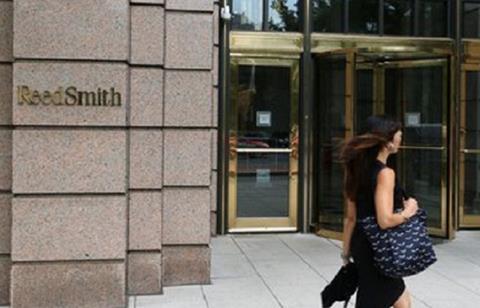
Law firm Reed Smith has introduced an involuntary four-day working week for the majority of its professional assistants and other professional employees.
Employees that are told to work the four-day week will have their pay adjusted accordingly to match their reduction in working hours.
Reed Smith has also extended pay reductions through to the end of the year, adding additional measures to deal with the financial constraints of the Covid-19 (Coronavirus) pandemic.
Fixed share partners have received a 14% reduction to pay, 12.5% for council and 12% for associates. Professional employees earning over $100,000 (£79,136, or equivalent for the country the employee works in), will have their pay reduced by 6% on an annualised basis.
The law firm expects the majority of these measures to be temporary. During this time, healthcare and other benefits will remain intact for all employees.
Sandy Thomas, global managing partner at Reed Smith, said: "Since the beginning of the Coronavirus pandemic, our priorities have always been to protect the health and wellbeing of our people, to safeguard jobs wherever possible, to provide the highest quality service to our clients, and to manage the firm prudently. As a result of the prolonged economic uncertainty caused by Coronavirus, we have made the difficult decision to take further actions to ensure our business emerges from the pandemic in a position of strength."
"Reed Smith’s owners, rightly, continue to bear the largest share of the financial burden of the firm’s actions. As we continue to manage the challenges created by the crisis, today we are taking further actions that affect the firm’s lawyers and professional staff across the United States, Europe and the Middle East.
"Like all well-run businesses, during the normal course of managing the firm we continually evaluate the size and shape of our global organisation to ensure that it matches the needs of our clients. This practice is as important as ever during the pandemic."











